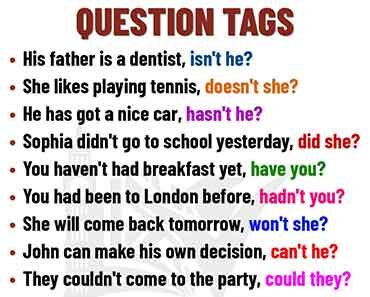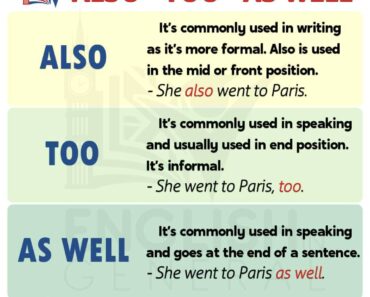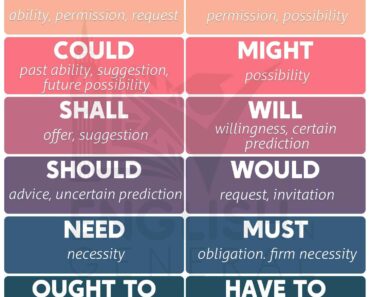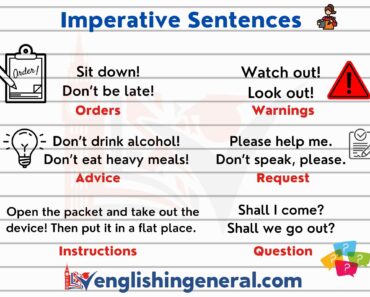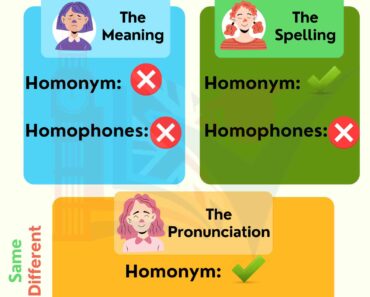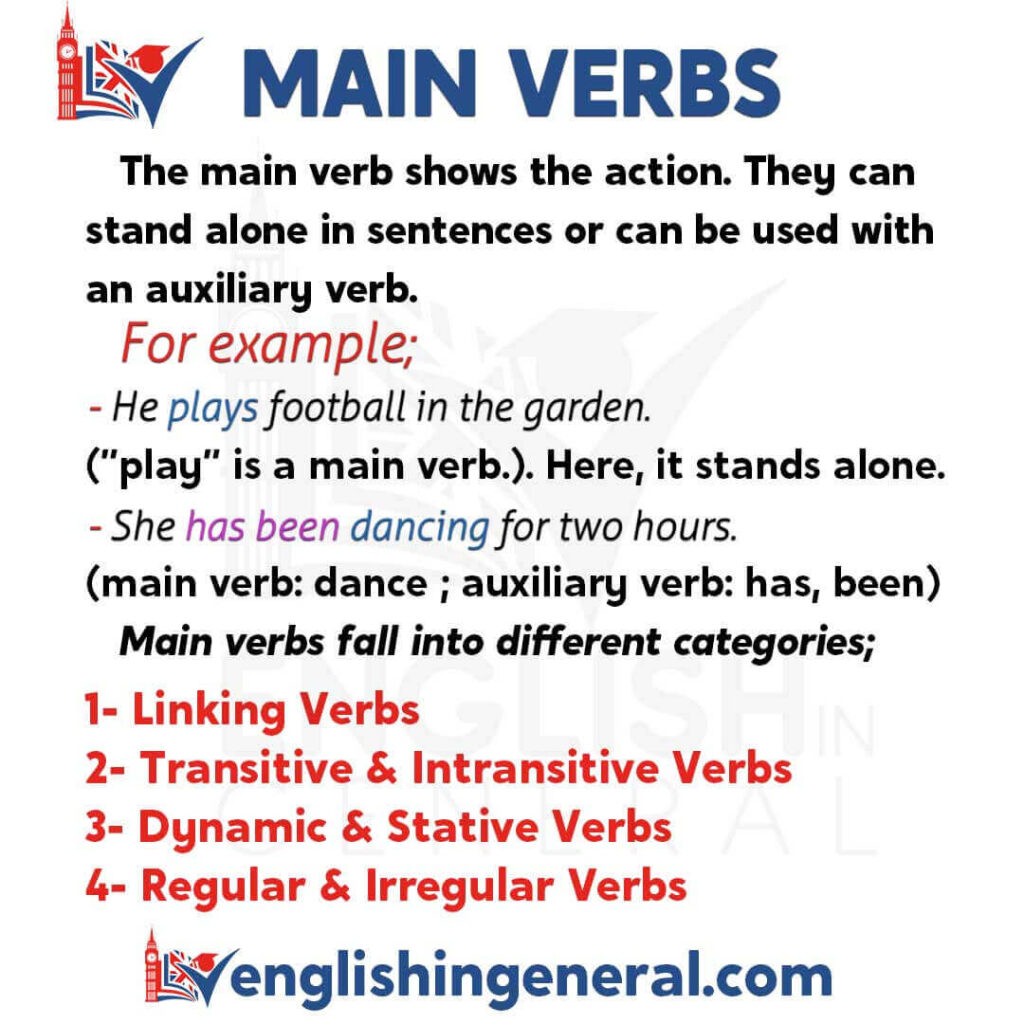
How are the main verbs used in English?
Full verbs or Main verbs represent the main group of verbs in the English language. They are, so to speak, the “correct” verbs and, in contrast to auxiliary verbs, can also be used alone in a sentence. But, you have to note that full verbs in English usually need an auxiliary verb in questions and negations. Compare the following uses:
Full English verbs can be used in the following ways:
As a single verb in a sentence:
“He goes to the swimming pool every Sunday.”
“Jane bought a jacket yesterday.”
Together with an auxiliary verb in the compound tenses (Perfect Tenses), the progressive forms (Continuous forms), the future (Future), and in passive clauses (Passive Voice):
“Our kids have travelled to a lot of countries.” (Our kids have travelled to many countries.) – here in the present perfect simple
“Tracey and Silvia are going to the belly dance tonight.” – here in the present continuous
“Barry thinks it will rain soon.” – here in the future simple
“The youth center was built six years ago.” – here in a passive clause in the past simple
Also in connection with an auxiliary verb for negative and questions:
“We don’t like the new street. It’s too loud. “
“Do you know what’s on TV tonight?”
What are the special features of using full verbs?
As in German, three of the full verbs in English can also be used as auxiliary verbs. This group includes ‘to be, to do’ and ‘to have’. Read the following comparisons:
The verb ‘to do’:
“Egon does his exercises in the evening.” – here as the main verb
“Ramona doesn’t play the tambourine; she plays the trumpet. ” – here as an auxiliary verb
The verb ‘to be’:
“Josef’s fiance is a very kind woman.” – Full verb
“Chawita is talking very fast.” (Chawita speaks very quickly.) – auxiliary verb
The verb ‘to have’:
“Jason has a green car.” – Full verb
“Has Sandra got a smartphone?” (Does Sandra has a smartphone?) – auxiliary verb

